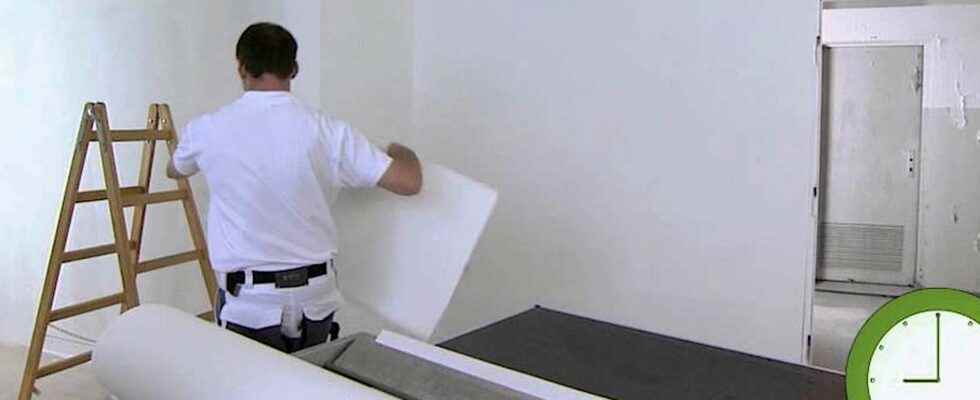To do or to have done? The answer to this question determines the course of the work, the expenses to be expected, the possible aid… Without neglecting the possible consequences, whether it is routine maintenance or actions to be taken in the event of poor workmanship.
You will also be interested
Giving a coat of paint or changing the wallpaper is within the reach of the greatest number. Laying the tiles is more technical, but an individual can do it without any particular difficulty. Install the air conditionerreplace your windows, fit out the attic, build an extension, insulate its walls… it’s another thing. It is not only necessary to have the necessary technical skills, but also to master the regulations (standards, DTU, etc.) and know how to avoid the pitfalls inherent in each site. To do this, one can refer to a guide to job prices.
Weigh the pros and cons carefully, an essential prerequisite for any decision
Doing the work yourself overcomes a company’s availability constraints and saves the cost of implementation. But be careful not to miss it! Poor workmanship can be expensive, or even jeopardize the durability of the building if they affect its structure. What about insurance to cover you in the event of a problem? Most of the time, they go to absent subscribers. Conversely, companies carrying out construction work construction are required to subscribe to a certain number of guarantees: “ten-year” and “perfect completion”, in particular. The same for the renovations or rehabilitation likely to compromise the solidity of the structure, Ie portal of the Economy, Finances, Action and Public Accounts tells you all about it. You can also view the files pathologies of the’Construction Quality Agency (AQC). Moreover, we do not necessarily think about it, doing the work yourself means paying full VAT on products and materials: 20%, against 5.5 or 10% for a service by a professional, according to the nature of the work. Note that the VAT rate is lowered to 2.1% in the overseas departments (Guadeloupe, Martinique, Réunion) for work to improve, transform, fit out and maintain the premises of dwelling.
Being its prime contractor requires having the equipment necessary for the work. Or, in case of default, to rent it. © Loxam
Another parameter to take into account: the conditions necessary for obtaining aid and subsidies for home improvement. Invoices are required most of the time. We must also think about the annual (sometimes six-monthly) maintenance obligations for certain equipment, such as heatersair conditioning, ventilation… If you carry out the installation yourself (in compliance with the rules, of course), you must have the assurance of being able to benefit from a maintenance service and, if necessary, a breakdown service in good and due form. Regulatory provisions relating to the storage and disposal of waste of building site.
What you must remember
- Since 1er September 2014, to qualify for certain facilities such as the tax credit and the Eco-PTZ, energy improvement work must be carried out by an RGE professional (Recognized guarantor of the environment).
Interested in what you just read?
